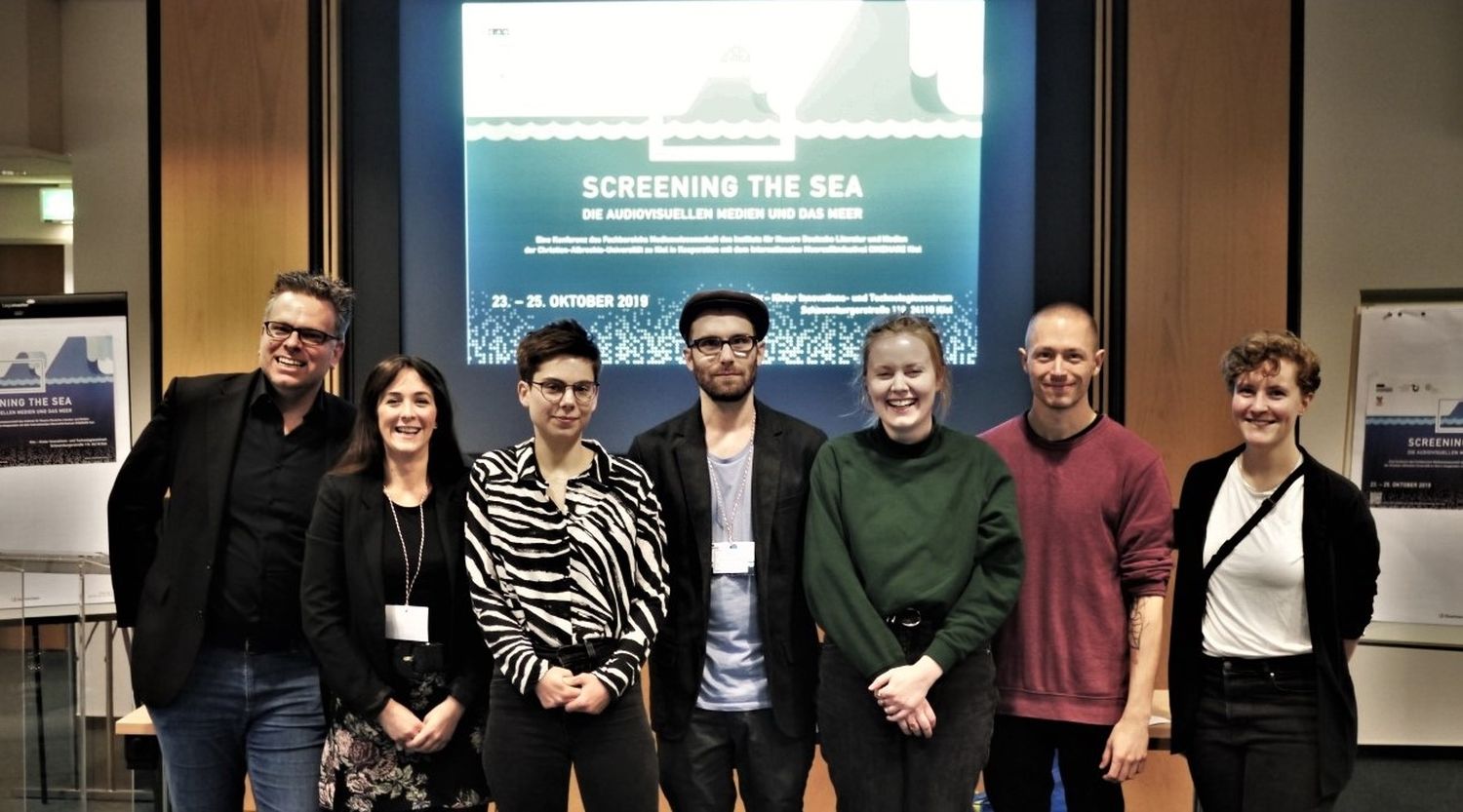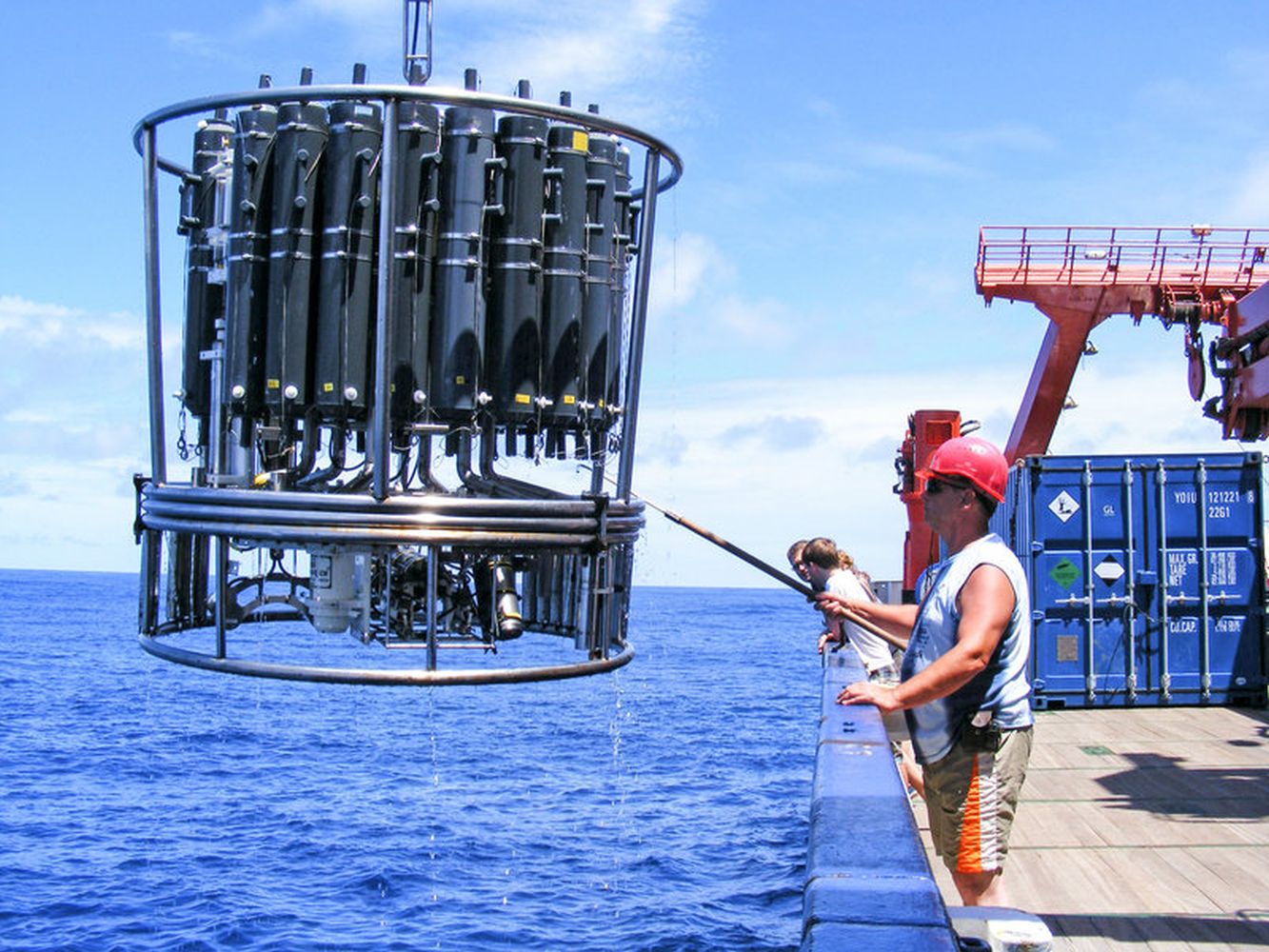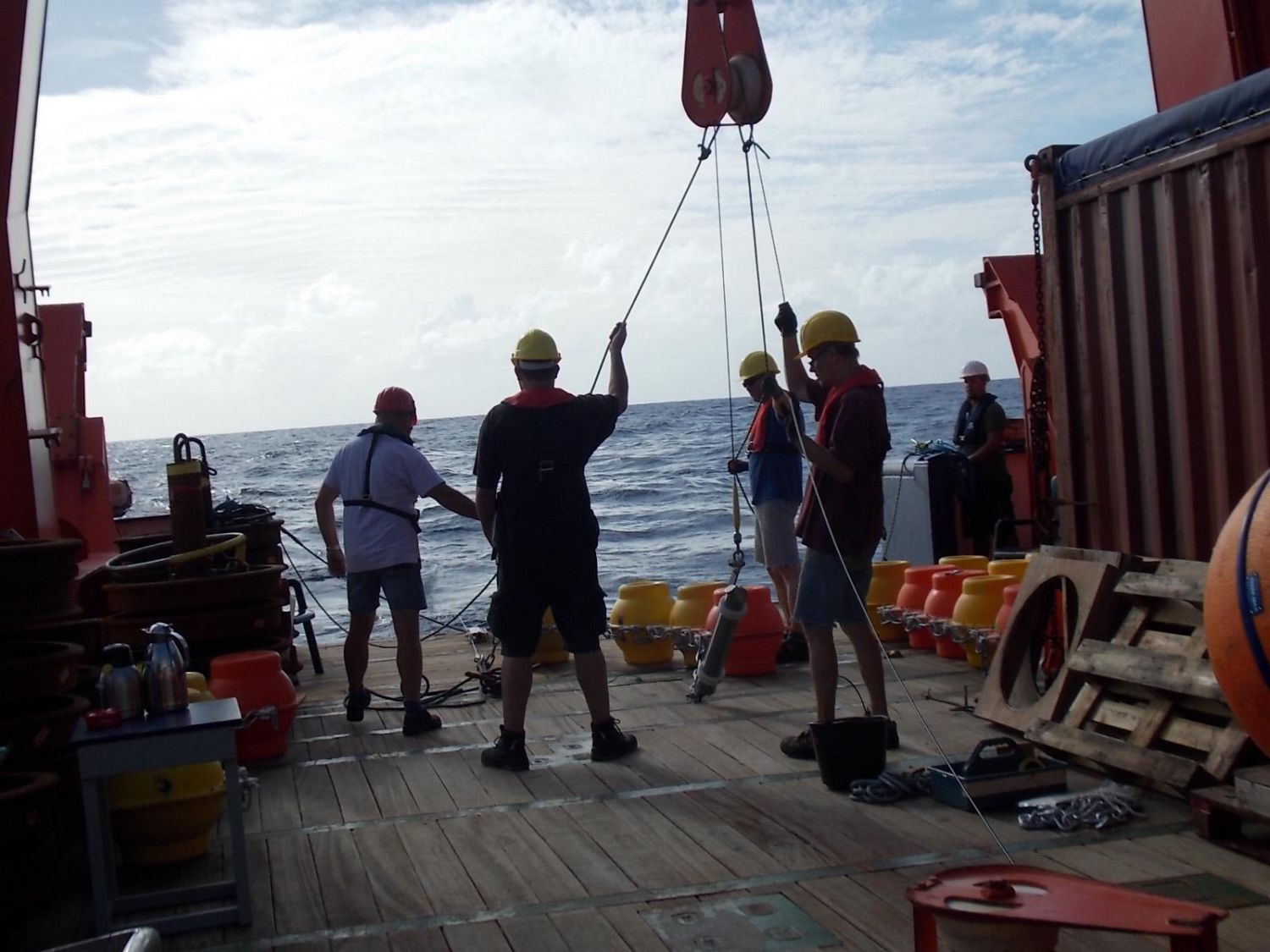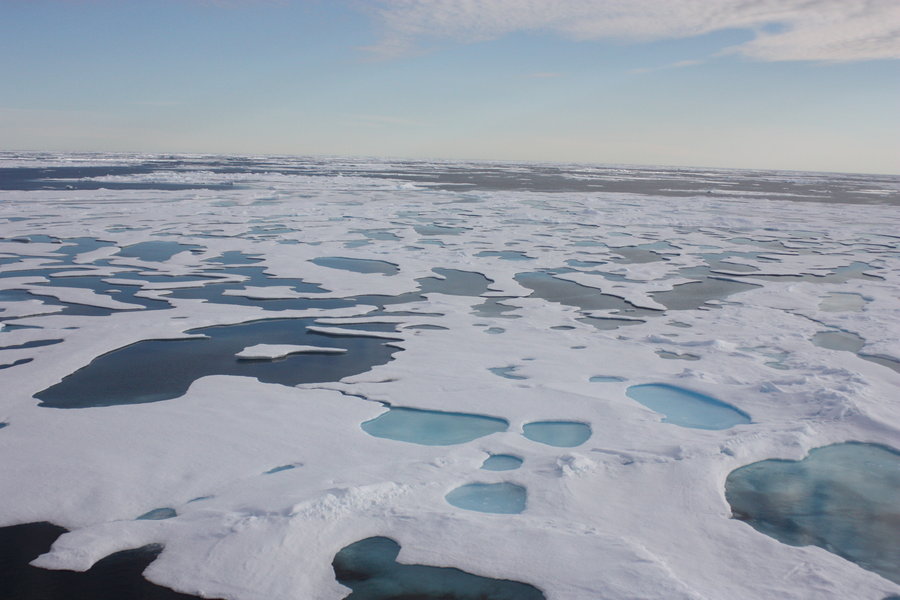The aim was to exchange views on the different dimensions of the representation and functionalisation of the sea in audio-visual media, and their potential for social impact. The conference, which was – for the first time – embedded in the programme of the CineMare International Ocean Film Festival Kiel, dealt with the significance of sea-related films and other audio-visual forms such as virtual reality, video games or YouTube videos for historical and contemporary media cultures and societies.
A total of six thematic segments were concerned with historical, theoretical and aesthetic approaches as well as with the overarching and currently more than urgent question of whether filmic narratives can contribute to influencing social actions, for example, with regard to the sustainable use of marine resources. "Audio-visual media have always had an effect on people. In our digital media culture today, they are essential to reaching people. Their power to shape opinions should not be underestimated because they have a decisive impact on the way people view and behave towards socially relevant topics," says Prof. Dr. Markus Kuhn, media scientist at the Institute of Modern German Literature and Media at Kiel University (CAU) and, along with Sandra Ludwig, Martin Ramm and Sina Göing, the lead organiser of the conference "Screening the Sea", which was created as the prelude to a series of conferences.
The sea has always been a popular motif in genres, media and forms of storytelling – but it is also one of the oldest in feature films and documentaries. The first lavish underwater shots by filmmaker Jacques-Yves Cousteau, for example, wrote film history both technically and aesthetically, making the mystery of the deep sea accessible to a broad audience for the first time. Moreover, major blockbusters such as James Cameron's film "Titanic", which led the list of the most successful films for more than ten years, had an influence on people's view of the sea. It was, therefore, a central concern of the conference organisers to take a comprehensive look at the broad spectrum of different cultural-historical, media-technical and aesthetic ways of representing the sea, both in documentary and fictional films, and to shed more light on their common lines of development. "It is precisely the implicit messages and values in popular feature films or entertaining TV series that can have an essential impact on broad audiences, but are often neglected in research," explains Markus Kuhn.
The thematic diversity of the conference was complemented by contributions on transmedial forms of representation and the influence of digitisation. The virtual reality installation "Inner Space: A Journey Into the Deep Sea" by Berlin illustrator and media artist Leonard Ermel, for instance, takes visitors on a dive into the deep sea.
The conference concluded with an examination of international socio-political problems that become visible at sea, such as the connection between overfishing and exploitation of 'fishermen' in floating fish factories or the refugee crisis and the Mediterranean escape route. The films "Ghost Fleet" and "Sea of Shadows", which were screened during the CineMare festival, were part of the conference programme on Thursday and Friday evening. The film screening of "Ghost Fleet" at the almost sold-out cinema of the "Pumpe" in Kiel was followed by an in-depth public discussion with the maritime law experts Prof. Dr. Nele Matz-Lück and Erik van Doorn from the Walther Schücking Institute for International Law at Kiel University on the precarious situation of kidnapped fishermen in Southeast Asia. They were joined by Markus Kuhn and Sandra Ludwig, who added a media science perspective. "During our first conference, we were able to build interdisciplinary bridges: from film and media studies to various subjects in the humanities and social sciences to the natural sciences and contemporary film artists. Thanks to the high quality, vividness and diversity of the lectures and the many proven scientists who took part, we were able to discuss a wide range of topics," Markus Kuhn concluded on behalf of the entire organisation team.
Future sequels to the "Screening the Sea" conference are intended to make a continued contribution to the interdisciplinary research field of "Ocean Narratives", to seize on previously omitted perspectives as well as to promote important scientific discourses on the sea and make them accessible to the general public.
Links
https://www.ndl-medien.uni-kiel.de/de/screening-the-sea
www.kms-uni-kiel.de
http://cinemare.org
Contact
Prof. Dr. Markus Kuhn
Institute of Modern German Literature and Media
Department of Media Studies
Kiel University (CAU)
Leibnizstrasse 8, R. 306
Phone: +49 431 8803360
mkuhn@ndl-medien.uni-kiel.de
…



